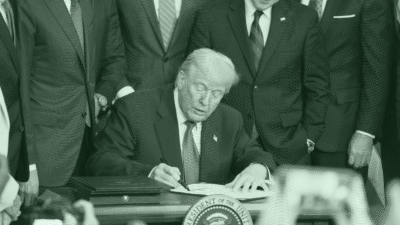Women Get First Crack at $84T Wealth Transfer
Because women typically outlive men, approximately $9 trillion of the wealth transfer is projected to fall to them in the coming years.

Sign up for market insights, wealth management practice essentials and industry updates.
The much-talked-about great wealth transfer — expected to pass $84 trillion onto younger generations over the next two decades — might be going sideways.
Before money gets passed down to children and heirs, it will first be handed over to surviving spouses and partners. Because women typically outlive men, approximately $9 trillion is projected to fall into women’s hands in the coming years, according to the latest UBS Global Wealth Report, published this month. This so-called “horizontal transfer” means women will take center stage in important financial decisions that impact the future of wealth.
“With women becoming a significant portion of decision makers, both earning and inheriting assets, their views, preferences and decision-making power stand to disrupt the status quo for advisors,” Nia Impact Capital founder and CIO Kristin Hull told The Daily Upside.
Managing Women’s Wealth
Women are now increasingly breadwinners and key financial decision-makers, and make up a greater percentage of millionaires worldwide. But women and men often have different preferences for wealth building and face distinct challenges, according to experts. Major distinctions include women shouldering the majority of caregiving duties and navigating pay gaps between the genders, a recent Fidelity report found.
“Women clients are very much interested in what a company does, whether its products or services are beneficial to people and our planet,” Hull said. “In preparing for the wave of new clients, financial advisors will do well by also looking to highlight women asset managers.”
Longer Life, Bigger Bills. A longer lifespan also means stretching savings over a longer period. Women live six years longer than men on average, according to Fidelity. Women need to plan for health care at a time when it becomes increasingly important and costly.
“Up until very recently, the wealth management industry has largely catered toward men,” Hull said. “The financial industry stands to shift quite a bit with the current wealth transfer underway.”











